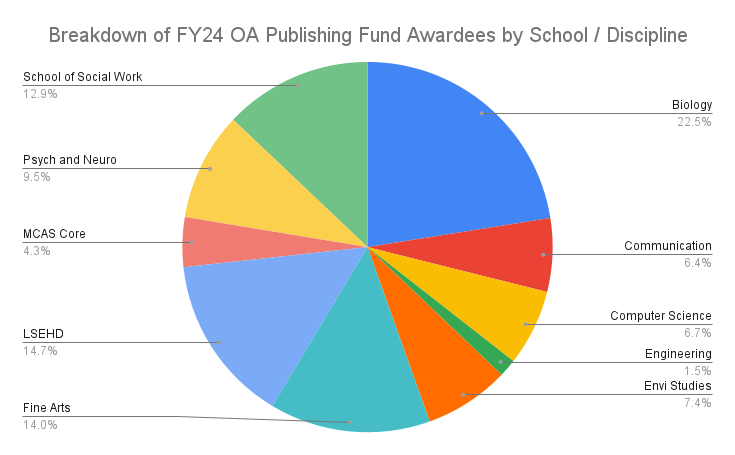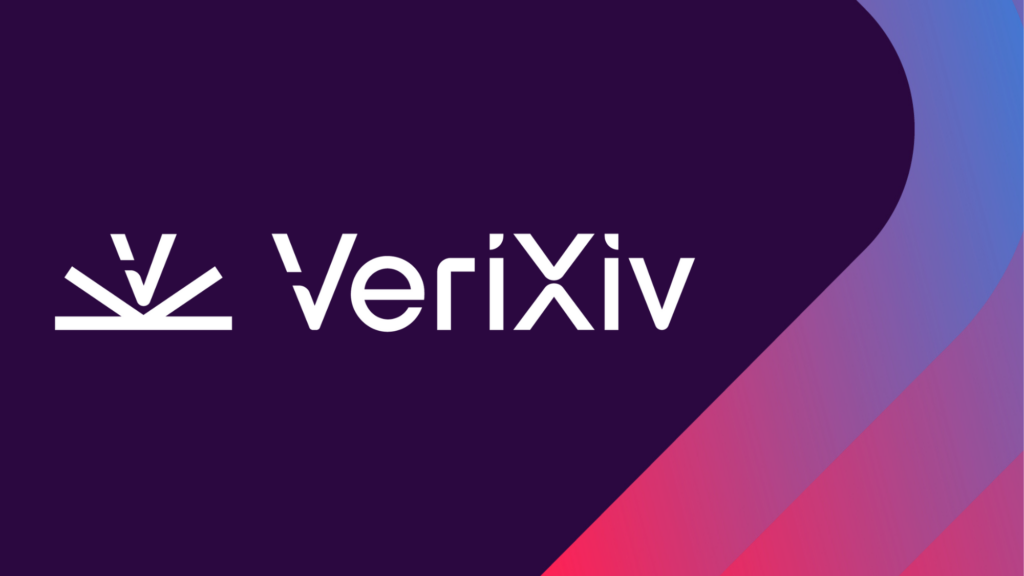One of the underreported requirements of the 2022 Nelson Memo requiring federally-funded research to be published open access is the requirement that federally-funded researchers have a digital persistent identifier. Federal guidance says that such an identifier should be from an open platform, disambiguate authors, and allow a researcher to have a profile with their works included, all provided at no cost to the researcher.
One might think that type of service sounds almost too good to be true. But, that is one part of the Nelson memo where the infrastructure exists today. ORCID, through its ORCID iD, already meets the recommended standards. The ORCID service provides users with a unique 16-character identifier, along with a profile with a permanent URL where they can add information about employment, education, works published, and even grants received!
Note: ORCID stands for “Open Researcher and Contributor ID.” They prefer “iD” for the actual identifier authors get. There were no federal guidelines on proper capitalization.
How do I get one of these ORCID iDs?
There are two ways to get an ORCID iD. You could just go to ORCID.org and register for a new account. However, you can also do it directly through the Boston College’s Agora Portal link, ORCID at BC. This lets you tie your ORCID iD to your Boston College login and Eagle ID. This will let you log in using your BC credentials.
Then what?
There are a few things to do once you have an ORCID iD.
- Make sure it is public!
Sometimes people sign up for an ORCID iD, knowing they need it to fill out a form or application, but do not actually make it public.
- Link it to a couple of sources for publications
ORCID lets you populate your profile with information from other databases, including Scopus and MLA International Bibliography! It also lets you link to information from CrossRef, if your publication has a DOI.
- Put the ORCID iD in a few different places
Putting your ORCID iD on a personal webpage, in a CV (especially one you do not update frequently), and even in an email signature is a great quick way to let others find your work.
Right now, Boston College’s ORCID adoption rate for faculty is over 35%. That is not bad, but it means there is a long way to go. For more information on ORCID, and for help on specific integrations, check out our ORCID guide.




